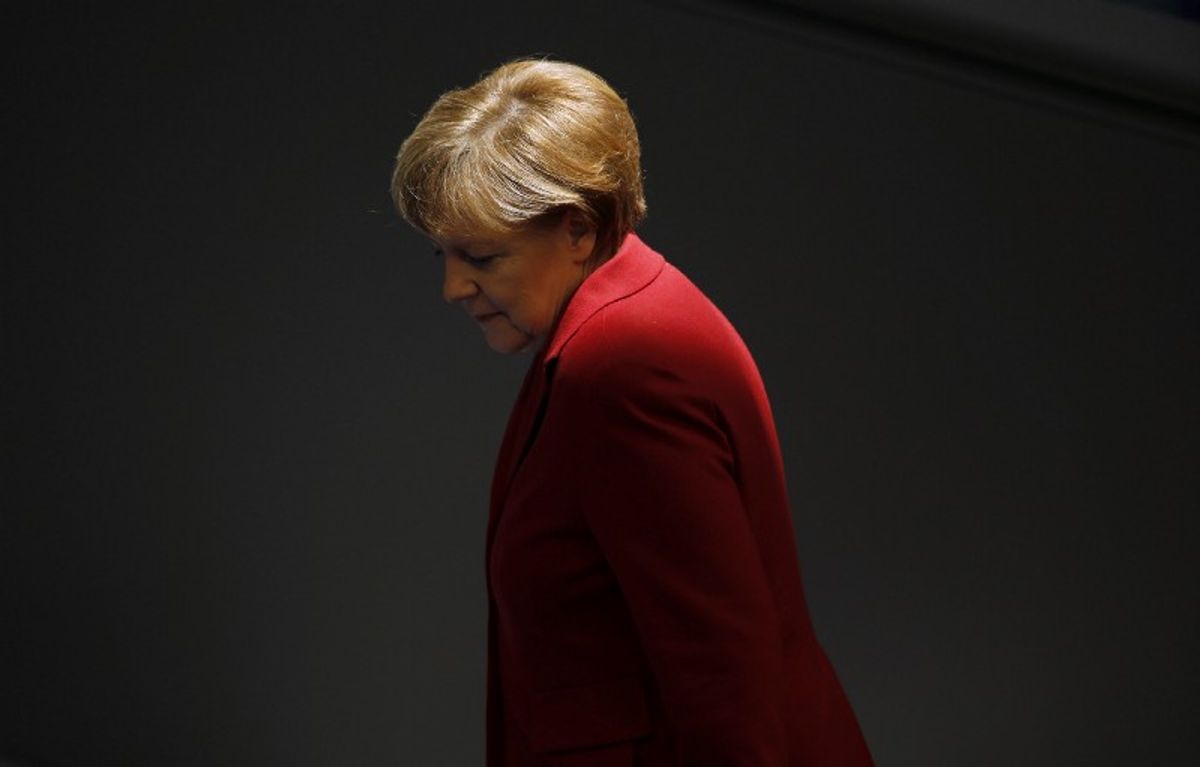Are we heading for a post-Merkel era in Europe? The indefatigable German chancellor heads to Brussels for a summit of European leaders tomorrow with an immigration ultimatum hanging over her head that could spell the end of her 13-year tenure. Here’s Gabe with the details…
Merkel’s challenge: Merkel faces mounting pressure at home to strike a deal to prevent migrants from taking advantage of the EU’s policy of open internal borders to seek refuge in the continent’s wealthier countries. But those on the front line of the crisis, most notably Italy, want no part in taking on additional migrants — preferring to either pass them off to others or close their external borders altogether. So Merkel will attempt a delicate balancing act: promoting measures to secure the EU’s external border in an effort to stem the migrant tide while sticking to her guns on the bloc’s policy of open internal borders.
But will it be enough? Over the past 24 hours, Merkel’s internal party challengers have dialed back an earlier promise to institute border controls unless a comprehensive agreement is reached in Brussels. But if Merkel returns to Berlin empty handed ahead of a crucial meeting next Monday with her Interior Minister Horst Seehofer, they could opt to put that threat back on the table, reasoning the consequences of backing down to be too politically costly. Merkel would then face the tough choice of whether to fire Seehofer — a move that could bring down her government — or possibly tarnish her legacy by shutting Germany’s borders.
What if she fails? A collapse in Merkel’s already tenuous coalition would usher in a new period of political uncertainty in Europe’s largest economy. While Merkel could attempt to form a new government with the support of the left-leaning Green party, a more likely scenario is a succession struggle between her chosen successor, Annegret Kramp-Karrenbauer, and more conservative members of her party.
What does it mean for Europe? Such a collapse couldn’t come at a worse time for a Europe that confronts anti-immigrant governments in Italy, Austria, and Eastern Europe, a deeply dysfunctional Brexit process, and a stalled reform agenda. A more conservative government in Berlin could ultimately follow through with border controls, dealing a final blow to one of Europe’s core principles, the free movement of people.
While Chancellor Merkel has a black belt in Stayin’ Alive, this is the biggest test she’s faced yet.



















